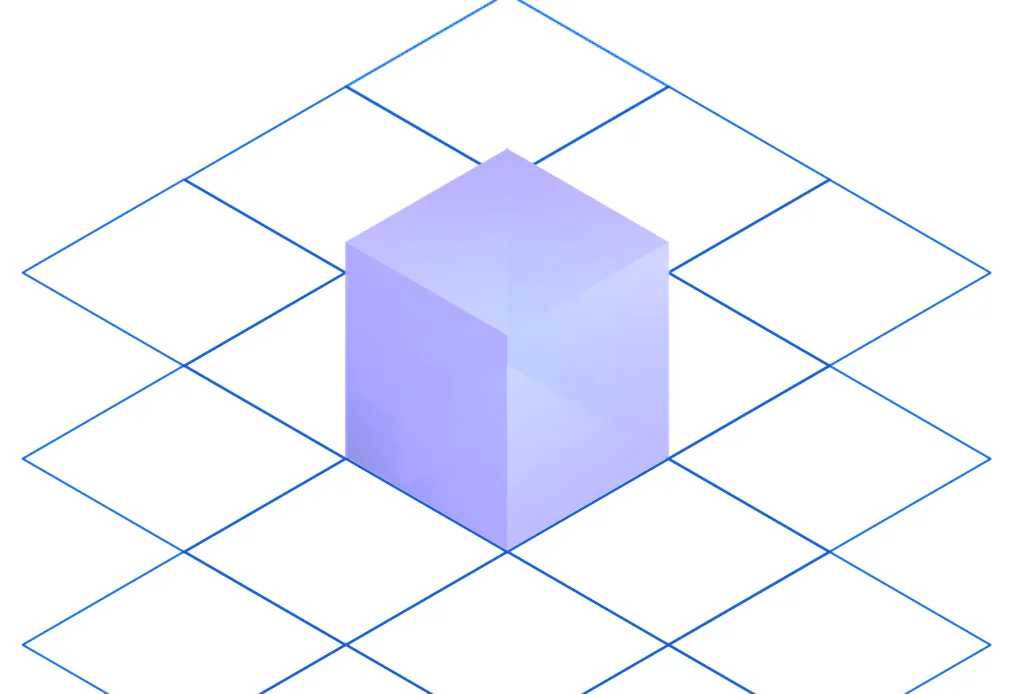In brief
- StarkNet relies on ZK technology to process masses of transactions quickly and cheaply.
- A number of major crypto players, including Alchemy and Immutable, are already using it.
Don't look now, but there are signs that Ethereum's high-gas-fee woes may be abating. Those high fees have long been a source of frustration for Ethereum users, but a series of so-called Layer 2 innovations have begun to offer a fix—the latest in the form of StarkNet, which is now integrated into crypto infrastructure giant Alchemy's development kit.
For those unfamiliar, the idea of Layer 2 solutions (aka "roll-ups") is to process big batches of transactions apart from Ethereum's core blockchain, and then periodically write a record of those activities to Ethereum itself. The idea is to produce high transaction volumes at a much lower cost, all while creating the same immutable records as Ethereum.
StarkNet was created by an Israeli company called StarkWare that's raised $173 million in funding. StarkNet is hardly the first to deploy its Layer 2 solution—other rollup options include the likes of Polygon, Optimism and Arbitrum, which have gained traction the past two years.
But StarkNet is getting buzz because it relies on a form of cryptography known as zero knowledge proofs (ZK in crypto speak). ZK entails showing something to be true without also disclosing other private information—akin to showing your driver's license to prove you are 21, but without also revealing your name or address.
And in terms of rollups, ZK-based computations are much faster than a competing technology known as optimistic rollups, which can take up to a week to clear. StarkNet describes its gas fees as "100x lower" than transactions on the Ethereum base layer.
"We're driving towards Vitalik’s vision of five-cent transactions," said Alchemy product manager, Mike Garland, referring to Ethereum founder Vitalik Buterin.
Alchemy's integration of StarkNet is significant because the company provides behind-the-scenes support to a large swath of Web3, with customers ranging from banks to crypto exchanges. Alchemy clients now will have an option to build services using the low-cost StarkNet tools—a development that Garland suggests could supercharge Web3 app development.
"StarkNet’s utilization of Validity and ZK-rollups effectively solves core Web3 problems. Validity rollups increase scalability by bundling transactions together off-chain, and then verifying them on-chain with just a fraction of the cost," Alchemy said in a statement.
Alchemy isn't the only major crypto player to deploy StarkNet—Immutable, an NFT gaming startup that just raised $200 million, is using an earlier version of StarkNet called StarkEx to make its transaction-heavy operations affordable.
It's too soon to say if StarkNet—or the passel of other Layer 2 contenders—will rescue Ethereum users from sky-high transaction fees once and for all, but the technology certainly appears to be moving in that direction.
This story has been updated to clarify that Immutable is using StarkEx.

